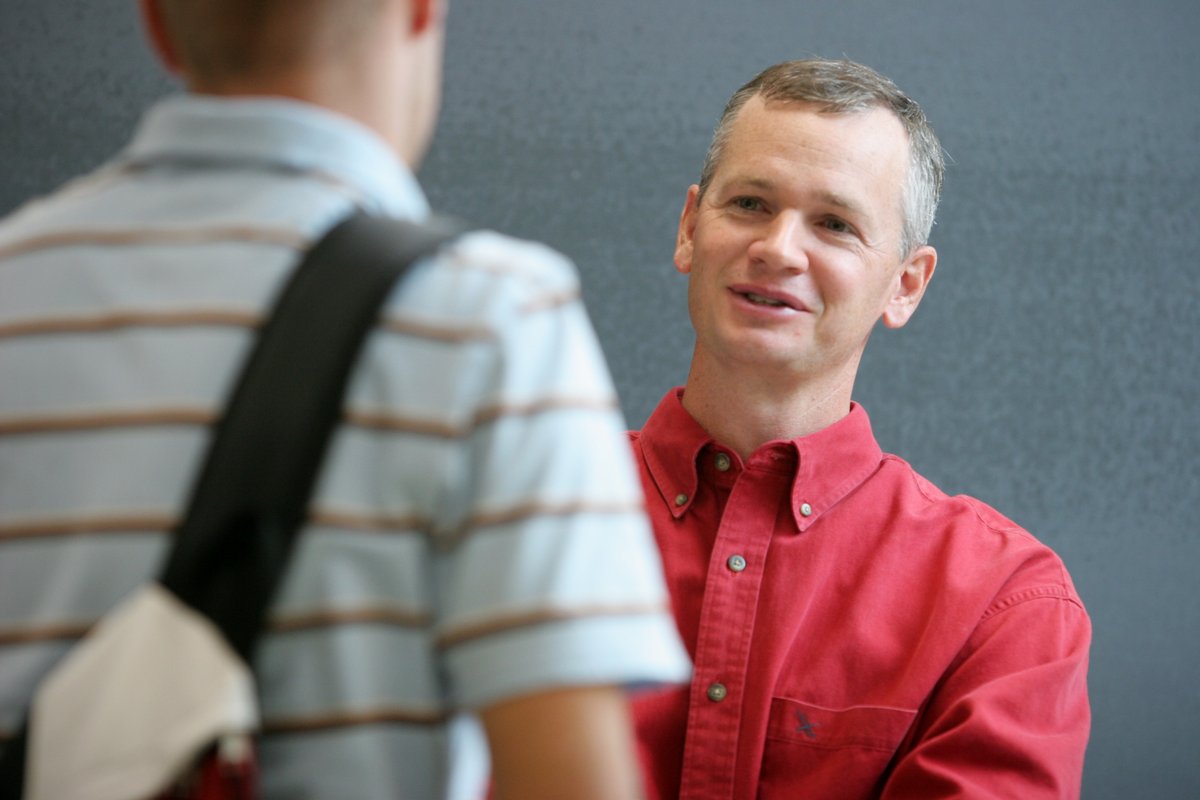Before “I Do”: Premarital Experiences and Marital Quality — For almost one-third (32 percent) of those in a nationally representative sample, their relationship with their eventual spouse began as a hookup. And those who said their relationship began by hooking up reported lower marital quality than people who didn’t start their relationship that way, says […]
Items included on this page come from a variety of sources. The perspectives conveyed may or may not express a Lutheran ethos. They can serve our instruction as discussion-starters, examples (positive and negative), and illustrations of intersections between God’s two kingdoms, intersections sometimes characterized by tension, sometimes by congruence. Inclusion does not imply endorsement.

The City is Complex: Lessons from “The Wire”
The City is Complex: Lessons From “The Wire” — This article from James K.A. Smith’s Comment Magazine uses the HBO series as an allegory for exploring the ambiguities of human institutions and human nature (What is man that Thou art mindful of him?): “Exegeting the life of cities requires that we forego simplistic definitions, naïve […]
TechnoReligion: Transcendence Through Technology
TechnoReligion: Transcendence Through Technology — Organized around four core tenets—“life is purposeful, death is optional, God is technological, and love is essential”–Terasem is a “transreligion,” (meaning that you don’t have to give up being Christian or Jewish or Muslim to join) in which you can beam a digital copy of yourself into space.
The Psychology Behind Morality
The Psychology Behind Morality — This hour-long interview serves as a good intro or overview on the current research and social science views on moral norms and moral reasoning. The guest, Jonathan Haidt, is the author of the bestselling book, The Righteous Mind: Why Good People are Divided by Politics and Religion (Vintage, 2013). His […]
Reversing the Inquisition
Reversing the Inquisition — Spain’s cabinet on Friday approved a bill allowing descendants of Jews forced into exile centuries ago the right to dual citizenship, aiming to fix what the government calls the “historic mistake” of sending Sephardic Jews into exile starting in 1492 during the Inquisition. Possible case study in left-hand kingdom justice.
Science, Trust, Stats, and Research
Science, Trust, Stats, and Research — This article addressed current issues in research, replication, and the reliability of science methods and practitioners. While the author concludes with a positive outlook, the issues raise several questions about evidence, how evidence is collected and interpreted, and distinguishing evidence from non-evidential factors such as “trust,” gate-keeping, and the […]
Regulating Speech and World Views in the Sciences
Regulating Speech and World Views in the Sciences — On May 20, the American College of Pediatrics filed a brief asking the U.S. Supreme Court to strike down the California law prohibiting “sexual orientation change efforts ” as unconstitutional for infringing on free speech. It argues the law violates the First Amendment by prohibiting doctors […]
Language, Moral Rationality, and Human Agency
Language, Moral Rationality, and Human Agency — Philosopher Alva Noe critiques recent research on whether language and especially our native (vs. second language) alters our ethical judgment. The piece may be useful for examining views on human nature, sources and influences for moral reasoning (Rom. 2:12, etc.), and how research in these areas is done. […]
Supreme Court Upholds Prayers at Gov’t Meetings
Supreme Court Upholds Prayers at Gov’t Meetings — The Supreme Court has narrowly upheld the centuries-old tradition of offering prayers to open government meetings, even if the prayers are overwhelmingly Christian and citizens are encouraged to participate.
Blame (Radiolab program)
Blame — This edition of Radiolab uses emerging and unsettling research in neuroscience to explore themes of blame, culpability, guilt, sin, regret, and forgiveness without explicit reference to religion but in compelling and varied ways. The 50 min. program can be used in part or entirely in courses dealing with law, policy, religion and society, […]
